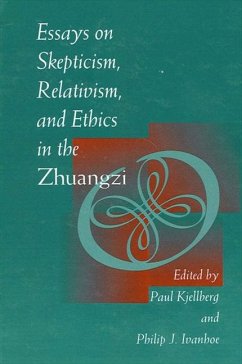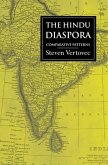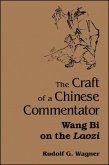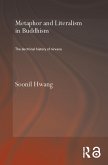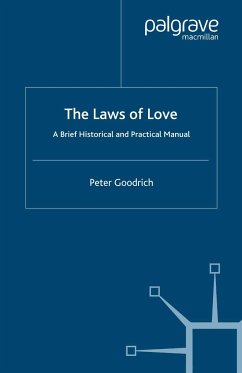The Chinese philosophical text Zhuangzi, written in part by a man named Zhuangzi in late fourth century B.C.E. China, is gaining recognition as one of the classics of world literature. Writing in beautiful prose and poetry, Zhuangzi mixes humor with relentless logic in attacking claims to knowledge about the world, particularly evaluative knowledge of what is good and bad or right and wrong. His arguments seem to admit of no escape. And yet where does that leave us? Zhuangzi himself clearly does not think that our situation is utterly hopeless, since at the very least he must have some reason for thinking we are better off aware of our ignorance.
This book addresses the question of how Zhuangzi manages to sustain a positive moral vision in the face of his seemingly sweeping skepticism. Zhuangzi is compared to the Greek philosophers Plato and Sextus Empiricus in order to pinpoint more exactly what he doubts and why. Also examined is Zhuangzi's views on language and the role that language plays in shaping the reality we perceive. The authors test the application of Zhuangzi's ideas to contemporary debates in critical theory and to issues in moral philosophical thought such as the establishment of equal worth and the implications of ethical relativism. They also explore the religious and spiritual dimensions of the text and clarify the relation between Zhuangzi and Buddhism.
This book addresses the question of how Zhuangzi manages to sustain a positive moral vision in the face of his seemingly sweeping skepticism. Zhuangzi is compared to the Greek philosophers Plato and Sextus Empiricus in order to pinpoint more exactly what he doubts and why. Also examined is Zhuangzi's views on language and the role that language plays in shaping the reality we perceive. The authors test the application of Zhuangzi's ideas to contemporary debates in critical theory and to issues in moral philosophical thought such as the establishment of equal worth and the implications of ethical relativism. They also explore the religious and spiritual dimensions of the text and clarify the relation between Zhuangzi and Buddhism.
Dieser Download kann aus rechtlichen Gründen nur mit Rechnungsadresse in A, D ausgeliefert werden.

